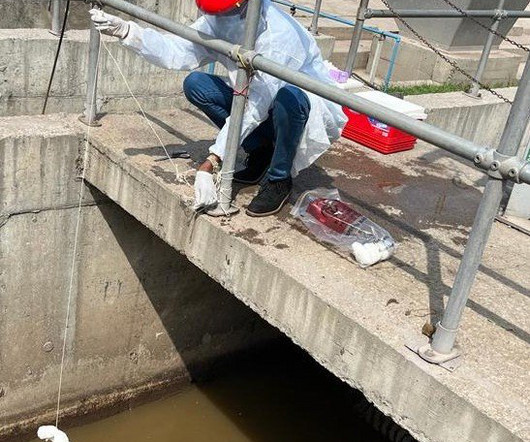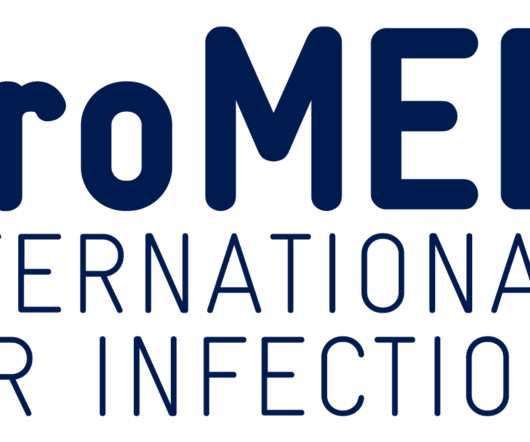Short-course antibiotics can be a game-changer in tackling ventilator-associated pneumonia
News Medical Health Sciences
JANUARY 21, 2025
Antibiotic overuse is a key driver in the rise of antimicrobial resistance (AMR), a major global health crisis.

News Medical Health Sciences
JANUARY 21, 2025
Antibiotic overuse is a key driver in the rise of antimicrobial resistance (AMR), a major global health crisis.

APHL
OCTOBER 28, 2024
“Leveraging the existing capacity to monitor for other pathogens of public health importance and their genetic elements will further bolster the rich data that can be expanded from this complex matrix that is wastewater,” Eshete commented.
This site is protected by reCAPTCHA and the Google Privacy Policy and Terms of Service apply.

20th International Congress on Infectious Diseases
JANUARY 25, 2021
His research area mainly focuses on the theme of animal infectious diseases particularly zoonoses and antimicrobial resistant. Dr. Mohamed also has experience in Standard Operating Procedure (SOP) Development, Laboratory Biosafety/ Biosecurity, One Health Initiative and Antimicrobial Resistance (AMR).

APHL
JANUARY 7, 2025
The MoH has already developed a fecal and wastewater surveillance protocol, expanding its scope to include viruses, bacteria and the detection of circulating antimicrobial-resistant genes. This pilot study showcased the effectiveness and feasibility of wastewater genomic surveillance for monitoring pathogens like SARS-CoV-2 in Kenya.

Exploring Health
MARCH 25, 2025
The global outbreak fueled global health handwashing campaigns as an initial method of reducing the spread of the virus, although contact transmission of COVID-19 was ultimately found to be much less important than respiratory spread. This poses a significant threat to human health.
Let's personalize your content